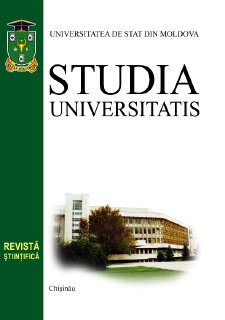OPTIMIZING HYPOGLYCEMIA PREDICTION MODELS BY COMBINATING GENETIC AND LEVENBERG-MARQUARDT ALGORITHMS
Ghenadie USIC, Universitatea de Stat din Moldova
Аннотация
This paper investigates a method for anticipating hypoglycemic episodes in individuals with type 1 diabetes using
artificial neural networks (ANNs). Hypoglycemia is a significant problem that often occurs as a result of intensive
insulin treatment; nocturnal episodes are particularly dangerous because symptoms can often be misinterpreted or
ignored during sleep and can progress to seizures, coma, or even death. The study examines continuous glucose monitoring (CGM) data over a 3-month period, insulin dose records, and food diaries of five individuals diagnosed with
type 1 diabetes. By analyzing available historical data, the proposed method trains a deep learning model to detect
patterns that can signal the risk of hypoglycemia in advance. Additionally, the research presents an approach to improve the sensitivity and specificity of predictions by incorporating genetic algorithms and Levenberg-Marquardt in
the training process. This adaptation refines the predictive accuracy of the model and enhances dynamic adaptation
to the unique characteristics of each individual patient to improve the speed and reliability of its predictions.
Keywords: early warning systems for diabetes, neural networks, bio-inspired algorithms, evolutionary computation, artificial intelligence, personalized glycemic monitoring.


